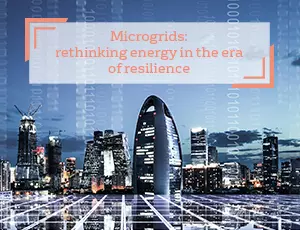Climate hazards can lead to major power outages. Central networks can become saturated. Power outages can have far-reaching consequences, affecting essential services, such as hospitals and transportation. These effects are even more acute in less developed countries.
Cities, industries and service providers must be able to adapt and react quickly. Microgrids allow them to operate with or independently of the main grid, and to meet small-scale needs.
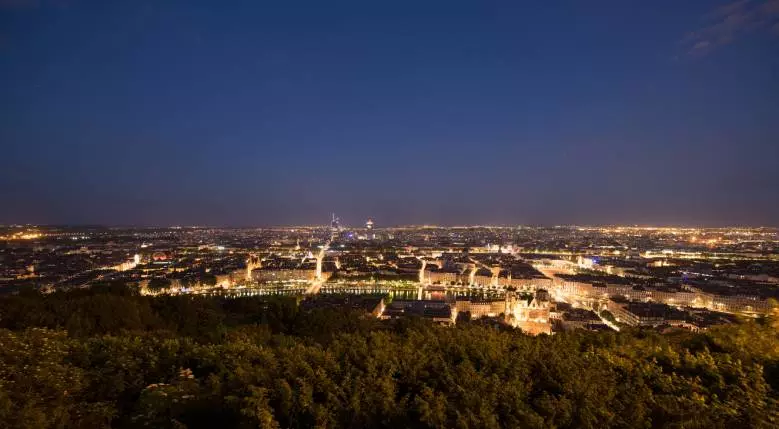
How to adapt to the new threats? Climate change, terrorism risks. Explore our solutions for a more resilient city.
Microgrids: Innovative, economical and ecological
Definition of a microgrid. A smart micro-energy network. In a way, it is a small version of a conventional power grid.
As an alternative to a central electricity grid, our microgrids can produce electricity and heat, mainly using renewable energy (solar, wind, biomass, etc.), but can also store this energy, in batteries for example, for local redistribution.
- You reduce your facilities’ environmental footprint
- You cut your costs
- You secure your energy supply
You improve your resistance to natural and man-made events and stresses
> Discover: What is energy sobriety?
As a manufacturer, local authority or service sector player, what are the benefits for you?
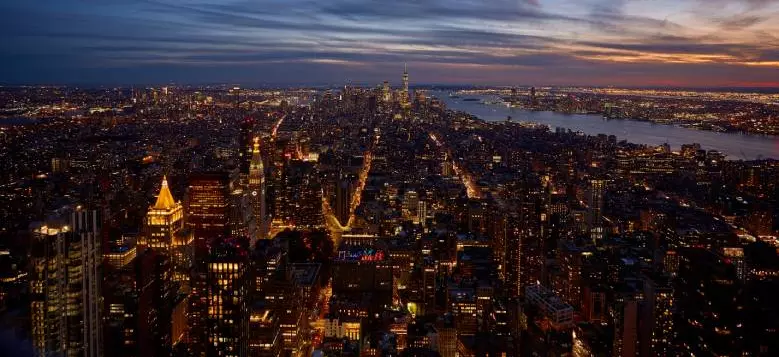
Our microgrid solutions are accompanied by real-time remote control of the facilities. We handle all project phases: assessment and feasibility studies (technical and financial), concept and layout design, construction, commissioning, evaluation, integration and monitoring of all meters, operations and maintenance.
Find out more about our energy management services >
We did it!
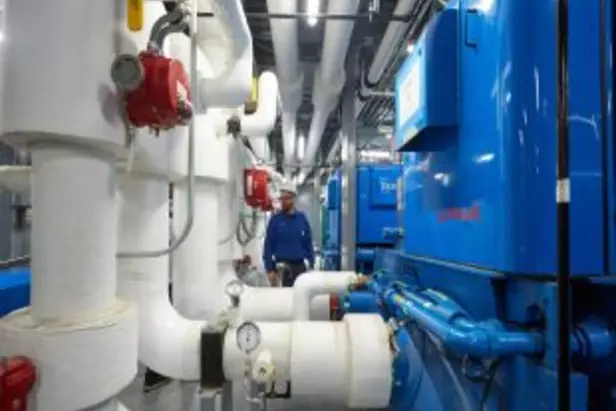
United States of America
Le TWA Hotel at JFK Airport, now operates independently of the New York City grid. It generates its own energy, stores it in batteries and covers all its heating, cooling and electricity needs.
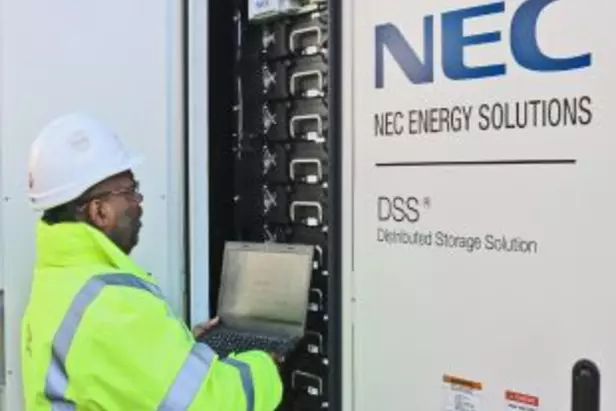
United Kingdom
Aim: Reduce pressure on the local grid and enable our Ellesmere Port hazardous waste incineration plant to be self-sufficient in energy and reduce its power bill. To this end, we are experimenting with storing electricity in lithium-ion batteries during off-peak hours. Key figures: A lithium-ion battery can produce 400 kW/385 kWh, which is enough energy to power 1,000 homes or 100,000 AAA batteries.
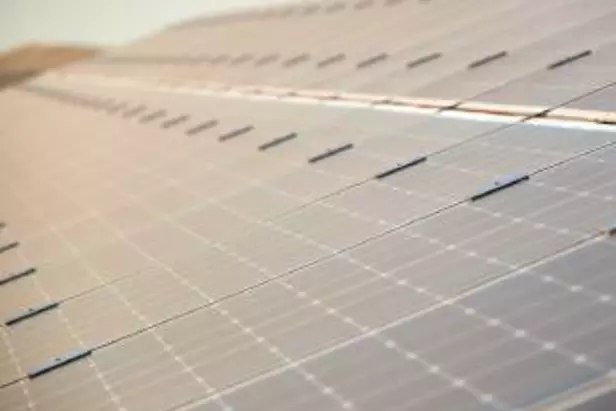
Australia
We developed the "Water Battery Project" for the Sippy Downs campus of the University of the Sunshine Coast (USC). We installed photovoltaic panels on the roofs and car parks. Then, through a thermal process, the energy produced is used to cool water stored in a tank. The cold water is released into the building’s cooling circuits as needed for air conditioning. The result is lower power bills and a 40% reduction in the campus's carbon footprint over 25 years.



